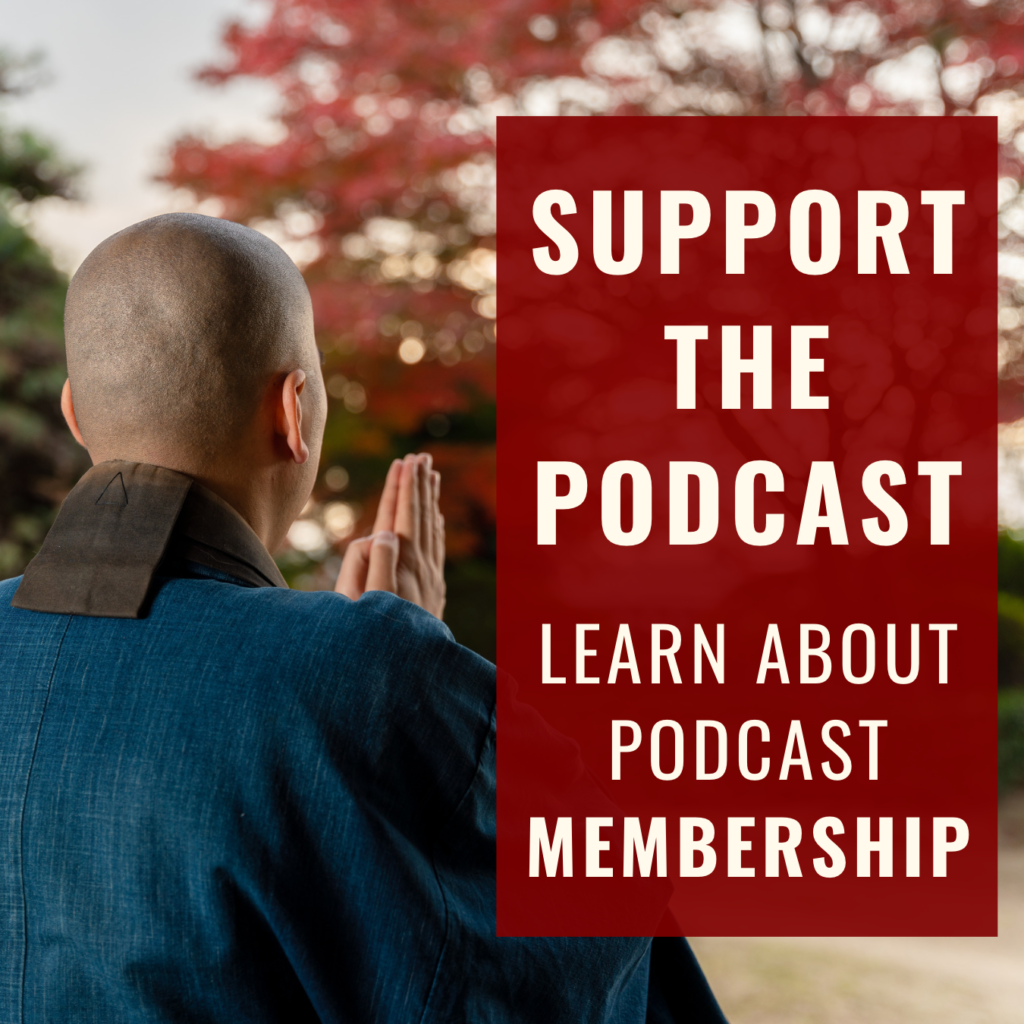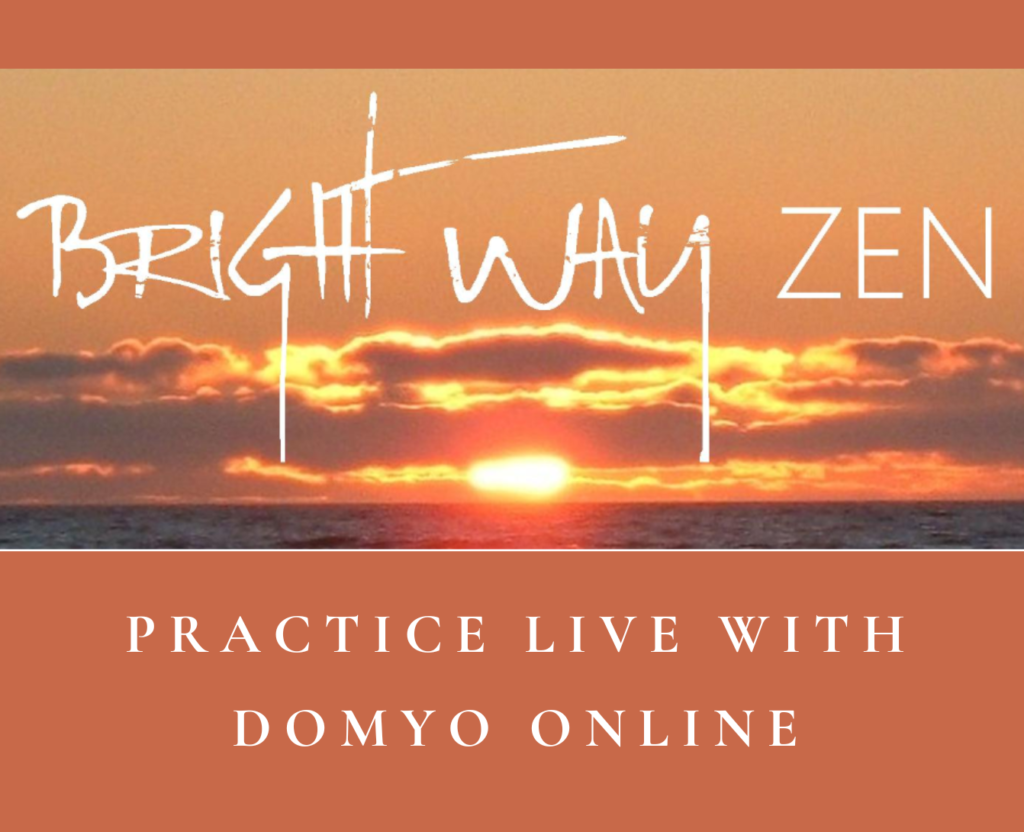
by Domyo | May 18, 2017 | Zen Teachings
Liberation from self-concern is central to all forms of Buddhism, although the methods used to achieve that liberation differ widely. In this episode, I present a classic Zen teaching on not-self: Zen Master Dogen’s statement that “to study Buddhism is to study the self” and “to study the self is to forget the self.”

by Domyo | Apr 13, 2017 | Buddhist Practice
If you’ve spent any time in a Zen community, or reading Zen books, you will have encountered the term “practice” countless times. Buddhist teachers throughout the centuries have told us to “practice” diligently. Students of Zen are called “practitioners” and we talk to one another about our “practice.” What Is “Zen Practice,” anyway? In this episode I present three important meanings of “practice,” and how you can define practice in a traditional sense (Zen teachings, methods, conventions, etc.) or an experiential sense (how you face your life right here, right now).

by Domyo | Mar 30, 2017 | Zen Teachings
Zen Buddhism is a non-theistic religious tradition. However, it’s not entirely correct to say that there is no God in Zen. While we don’t conceive of, or worship, an omnipotent personification of the Divine, at the heart of our tradition is the teaching that reality itself is luminous, precious, and infused with compassion. We don’t ascribe an agenda, personality, or gender to That-Which-Is-Greater, but we long to live in harmony with It, and personally experience intimacy with It. These longings infuse our spiritual practice with meaning.

by Domyo | Mar 2, 2017 | Meditation
If you’ve tried zazen (or any other kind of meditation), you’ll know that even if you really want to meditate, and you fully intend to be present without agenda for the whole period of meditation, you’re still liable to get caught up in thinking – usually many, many times over the course of a meditation period. What can you do about it? In this episode, I cover how to deal with stimulus-independent thinking during meditation, how to stay engaged and energetic while doing a practice that’s essentially doing nothing, and how to maintain a zazen practice over time.

by Domyo | Feb 23, 2017 | Meditation
Zazen, seated meditation, is the central practice of the Zen school of Buddhism. This episode is about what zazen is and why we do it. I also give you instructions for how to do zazen, including physical posture and what to “do” with your mind. After listening, you’ll have everything you need to give zazen a try.

by Domyo | Feb 14, 2017 | Zen Teachings
Zen is a type of Buddhism, which is a 2,500-year-old tradition. When and how did Zen arise, and what is unique about it?












